During this challenging time, it is important that we all come together to support each other. Our London Met community reaches far and wide – and we are working hard to ensure that we support our students and staff, our neighbours and our local area, throughout the duration of this health crisis.
We are proud of our staff and students, many of whom are active citizens contributing every day to making London the best that it can be, and we want to work with the wider community to make a difference now and over the coming months. To further facilitate this, we are gathering links to resources and opportunities below to help you navigate the many opportunities available during this time.
Community support
If you are in need of support, or are able to support others, this page highlights the many ways to get and provide support within our local community.
Universities are centres of immense potential when it comes to fighting the coronavirus and its huge social and psychological impact.
Universities globally and in commercial laboratories full of university-trained scientists and researchers seek to crack the latest of these coronaviruses and create symptom suppressants to flatten the worst effects of Covid-19. Although London Met is not engaged in this kind of research at present, our contribution is considerable. Our scientists are regularly consulted by governments and agencies for comment and advice, whether on the question of how hardy the virus is on external surfaces, such as banknotes, to the best vitamins for the older generations to take in order to give their bodies the best chance of combatting the virus’ effects.
Our psychology team has commented on managing mental health during isolation within media channels including national press. Others are volunteering to support local communities, mental health charities and other agencies in an effort to relieve the crisis.
From donating protective equipment from our Science Centre and sewing protective masks to one of our PhD students volunteering in a hospital lab, we’re very proud of what our community is doing to help. Here are some of the things our University community is doing to help – and read more in the news stories below.
- The International Society for Immunonutrition (ISIN) has been issuing guidance in English and Spanish for North, Central and South American governments. The guidance is focused on which vitamins and minerals provide the best support in resisting viruses. Laurence Harbige, a member of the board of ISIN, and several colleagues at London Met are involved in this project.
- Mohamed Ahmed, Associate Lecturer and Clinical Researcher in Biosciences, is volunteering in the labs at St Thomas' Hospital, helping to keep the hospital running at maximum efficiency to best treat and manage its patients. Mo also contributed to the March edition of the Biomedical Scientist, which describes the nature of pandemic viral outbreaks.
-
Dr Denise Turner, senior lecturer in Social Work has acted as a Specialist Advisor to the British Association of Social Workers for their guidance document on end-of-life care issued under COVID-19. She has also been invited by Sean Holland, the Chief Social Worker for Northern Ireland to co-work on a response to the way in which COVID-19 is affecting the bereavement process for people in NI.
- Levent Bozdere, PSRB Administrator for Law and Social Work, has been volunteering with Feline Friends London to locate, treat and neuter/spay stray cats in the capital, and place them in temporary fostering with the charity.
London Met in the news
- “Is the world moving to card-only transactions and will cash survive the coronavirus pandemics?” is a question the finance sector asked Gary McLean, Professor of Molecular Immunology in our School of Human Sciences. Reassuringly he tells us: “The virus will not survive on cash for the length of time certain bacteria can and will still require hand-to-face contact, minimising the transmission chances. There are no scientific studies demonstrating the coronavirus on cash, nor if it can be transmitted in that way.”
- As the situation moved towards a pandemic, Dr McLean appeared on national television and, on 17 February, Dr McLean spoke live on BBC News at 6, discussing the risk public transport poses to the spread of the virus. Dr McLean went into further detail on the subject for ITV News on 5 March, where he travelled on the London Underground and spoke to Martin Stew about the importance of installing hand sanitisers on the Tube to help battle the spread of coronavirus.
- Dr Una Fairbrother has signed up to CrowdFightCovid19, a forum bringing scientists from all fields together in the fight against the coronavirus.
- Psychologist Dr Phil Parker was in The Sun newspaper on 19 March 2020 discussing how to protect mental health in these times of COVID-19.
- Professor Gary Mclean comments on the decision to extend the lockdown on 16 April 2020, telling the Telegraph it "makes complete sense. They are quite rightly making sure that this outbreak does not expand further by releasing the control measures."
- Professor Louise Ryan writes on lockdown 'funnelling' and how the pandemic has changed our relationships for the Conversation, along with colleagues from UEA and Universite Toulousé.
- Dr Frances Holliss, Emeritus Reader in Architecture, will be leading two online seminars on how students and professionals alike can adapt to home-based working during the current phase of social distancing. The first seminar, Top Tips for Sane Home Work, takes place on Thursday 26 March, 6.30-8pm. Dr Holliss will discuss the underlying principles for best spatial and behavioural practice in the context of unexpected home-based work. The second seminar, Delight in Home-based Work, will explore case studies of successful architectural practices built around home-based work. Dr Holliss will touch on home-based work in terms of its built form, using Sarah Wigglesworth Architects as an example, and also organisational design, drawing on Coppin Dockray Architects, whose workforce is distributed across locations and domestic situations. Recordings of both these seminars will be available afterwards.
- Dr Phil Parker, our lecturer in coaching, has a channel where he share ways to help people get through these difficult times.
- The University’s social media channels are sharing information about activities and guidance from our academic community including Head of our School of Social Professions Kelly Cooper’s advice on stay-at-home parenting and activities for children during isolation.
- We're running online classes for National Art and Design Saturday Club, National Writing and Talking Saturday Club and Upward Bound for children from local secondary schools – as well as online open events.
- Our Library Services have set up a web page with activities for students and for the general public.
- The Library Services team also has a news and feedback page to help our students – everything on the page is open access, which means anyone, anywhere in the world, will be able to access the content if they have an Internet connection.
- We also have the digital content in the Archive of the Irish In Britain, which is open for all.
- Artist Bob and Roberta Smith, Associate Professor in Fine Art at our School of Art, Architecture and Design, is setting a daily art task each day via his Twitter and Instagram accounts. Based on exercises/projects intended for his first-year students, the artist is inviting anyone who wants to take part to join in.
- Alice Jones, a PGCE Student (Trainee Teacher) in Secondary Maths, has written an article for Hackney Citizen about keeping your secondary-age kids busy, and how they can learn at home during COVID-19.
- Dr Denise Turner, lecturer in Social Work, has created a webpage for anyone involved in social work to connect during self-isolation.
- Sunny Singh, senior lecturer in Creative Writing and England Literature, featured in HistFest's online 'lockdown' programme, giving a potted history of Bollywood film and Indian cinema.
- Neelam Thapar, Head of Careers and Employability, has joined forces with the UK Thalassaemia Society to encourage people to keep giving blood throughout the crisis, to help people with the genetic blood condition and other health needs.
- Dr Denise Turner, senior lecturer in Social Work, has been working with the Anna Freud Centre and Dr Aaron Balick to organise a Webinar looking at the implications of the COVID-19 pandemic for children and families. Her contribution combines her interest in digital practices and expertise in death and dying.
Opportunities to help the community
If you’re a member of the University staff or student community who is volunteering or working in the fight against Covid-19 or if you’re a member of our wider community and think there is a way we can assist you, we want to know. Please get in contact with Sophie Cloutterbuck, Director of London Engagement, by emailing s.cloutterbuck@londonmet.ac.uk.
- Mind – Look after your mental health
- Information about London Met’s response to Covid-19
- What to do if you’re worried you or someone you know might have coronavirus – If you are unwell please refer to the latest advice from Public Health England
- How to find help if you’re self-isolating in Islington – contact the We are Islington helpline, co-ordinated by Islington Council, on 020 7527 8222 or email weareislington@islington.gov.uk
Sadly London Metropolitan Police Service has reported an increase in scammers using the coronavirus health crisis to commit criminal offences. Please be aware of this and exercise reasonable caution.



.jpg)
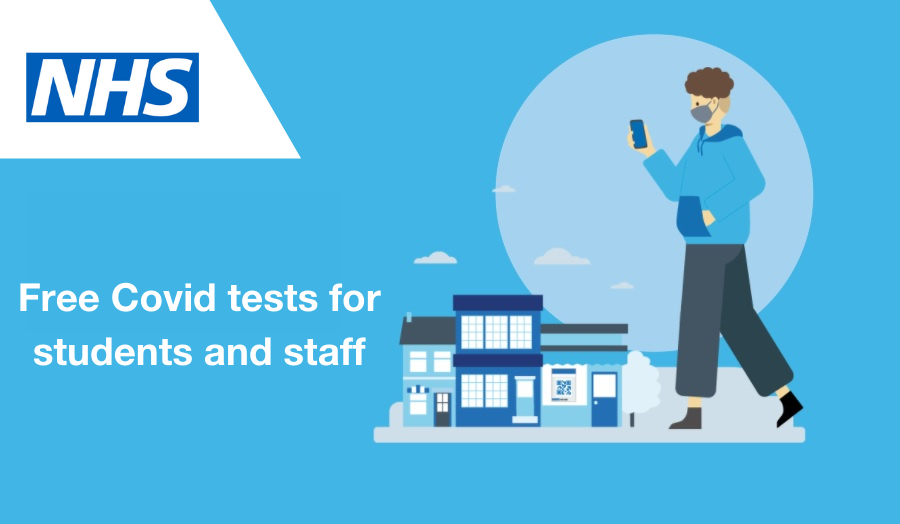
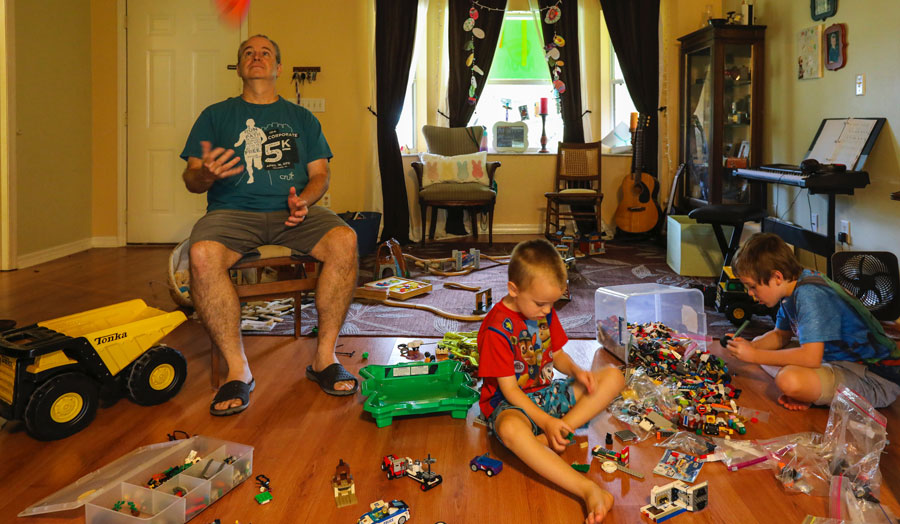
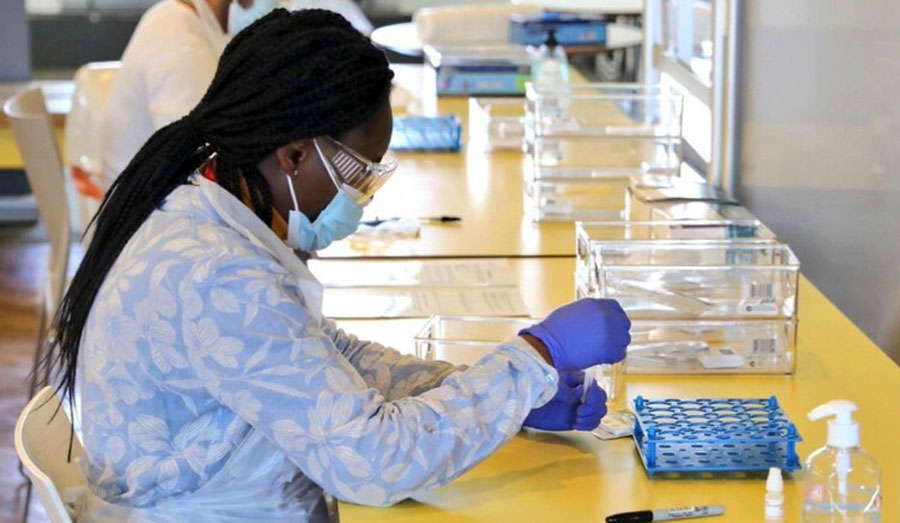

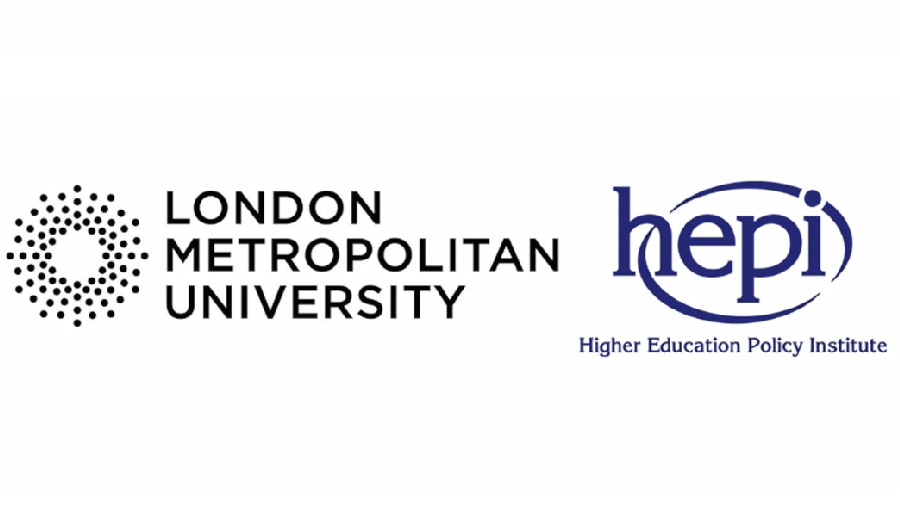
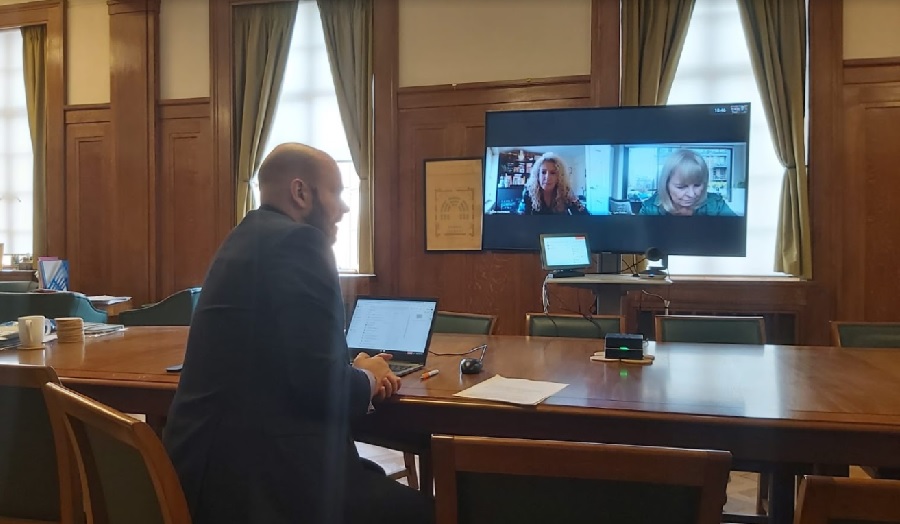
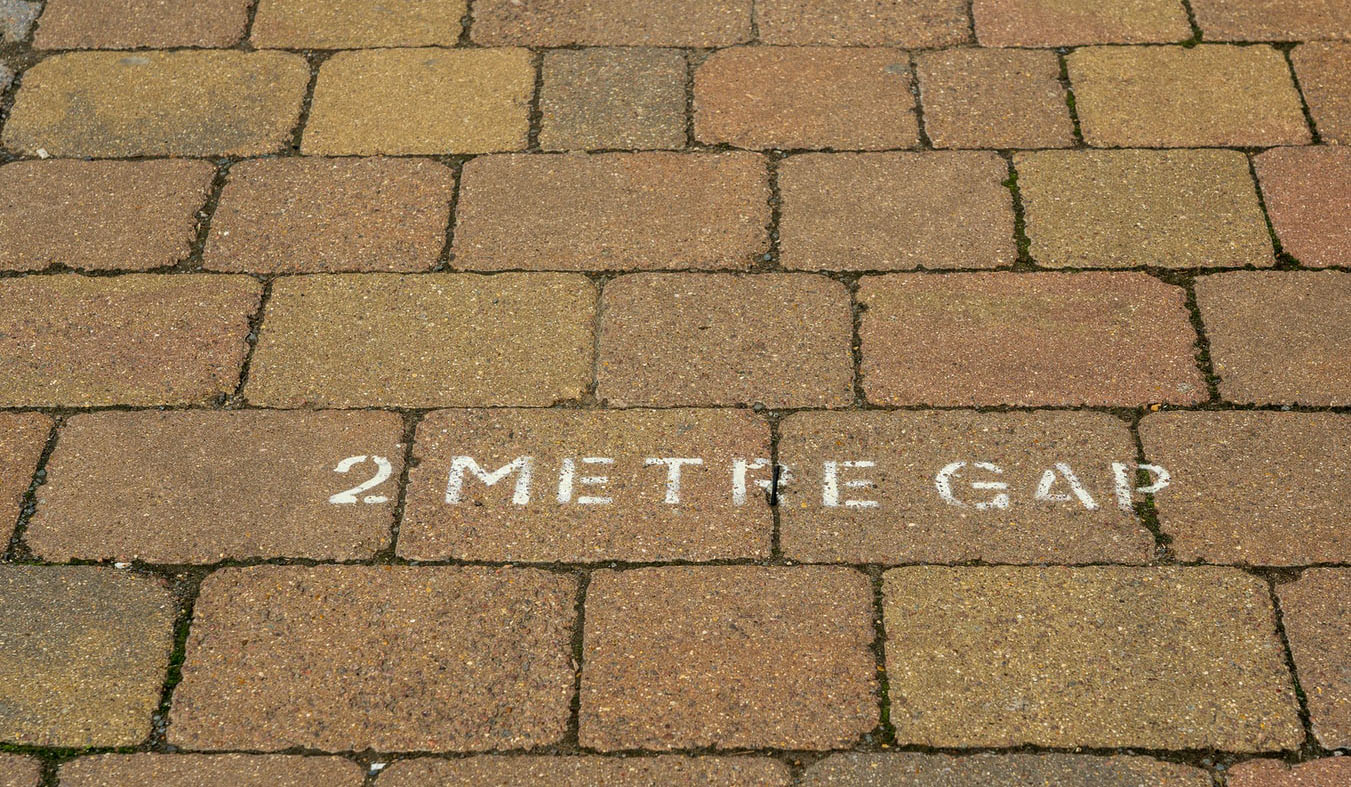
.jpg)

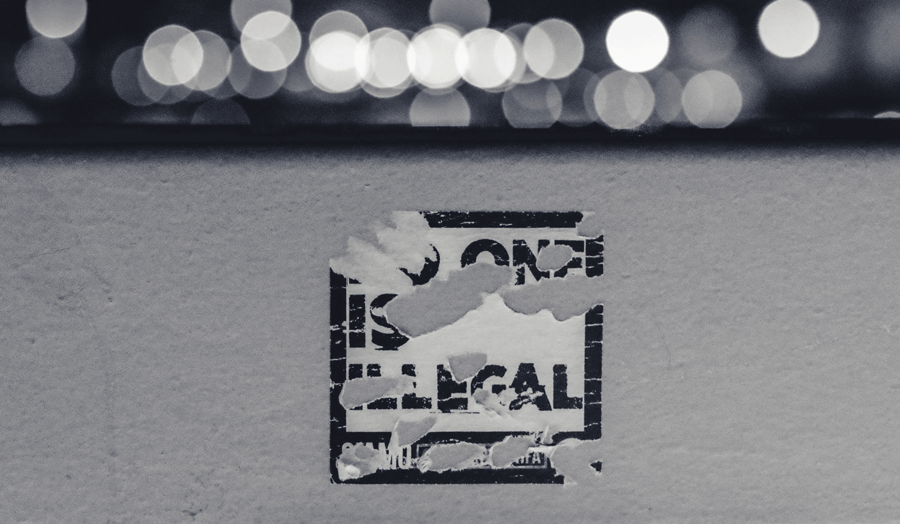
.jpg)
